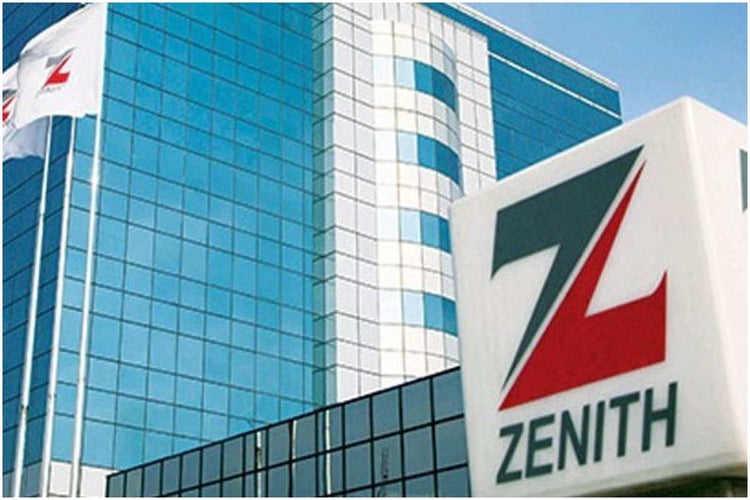ZENITH BANK GMD SEEKS EXPANSION OF NON-OIL EXPORTS POST COVID-19


According to him, the onset of the COVID-19 pandemic which has impacted the demand for oil and, by extension, the price of crude oil in the international commodities market has further exposed Nigeria’s over-dependency on crude oil earnings and its susceptibility to oil-related shocks. He added that the events of the last couple of months have also highlighted the limited range of the country’s value-added products exported to foreign markets.
He noted further that boosting non-oil export is imperative in view of the opportunities that exist in the broader contexts of ECOWAS Trade Liberalisation Scheme and the African Continental Free Trade Area (AfCFTA) which seeks to create a continent-wide market of 1.2 billion people with combined Gross Domestic Product (GDP) of $2.5 trillion and about $4 trillion in consumer and business spending.
Whilst commending the efforts of the government and the Central Bank of Nigeria (CBN) to deepen the non-oil export business in the country, Onyeagwu urged players in the non-oil export value-chain including exporters and financial institutions to play their part in the drive towards expanding the nation’s non-oil export base.
Delivering the keynote address, the Director of Trade & Exchange, Central Bank of Nigeria (CBN), Dr. (Mrs) Ozoemena Nnaji, who commended Zenith Bank for organizing the webinar at a time like this, observed that the impact of the COVID-19 pandemic is a wake-up call for the country, as it has once again exposed the over-dependence of the Nigerian economy on one product. She therefore called for a deeper policy look at the non-oil sector to find ways of genuinely improving the quality and quantity of our non-oil export goods.
Also speaking at the Webinar, the Chief Executive/Executive Director of the Nigerian Export Promotion Council (NEPC), Mr. Olusegun Awolowo commended the efforts of Zenith bank in promoting non-oil export business in Nigeria, describing the bank as ‘the Export Trade Bank of Nigeria’. Speaking on the topic “Repositioning Non-oil export as a Leading Revenue Earner: Government Plans and Programmes”, Awolowo noted that the crash in oil prices following the COVID-19 pandemic and OPEC’s price war with Russia reinforced what everyone already knows – the mono-product economy of the country is not sustainable, calling for a buy-in into the Zero oil policy of NEPC.
Zenith Bank remains committed to the promotion of the non-oil export sector in Nigeria by identifying emerging opportunities which help in stimulating non-oil exports and developing robust financial products and incentives for operators in the sector. The bank l
Recent Posts
Ramadan: Catholic bishops demand reopening of closed schools
Ramadan: Catholic bishops demand reopening of closed schools The Catholic Bishops under the umbrella of…
NAFDAC uncovers $1.4m fraud scheme targeting foreign firms, key suspect arrested
FILE IMAGE By Chioma Obinna On Friday, the National Agency for Food and…
6 food items Nigerians are not allowed to bring to Canada
By Adegboyega Adeleye As a Nigerians are willing to travel to Canada and several countries,…
74 terrorists killed, 130 suspects apprehended in one week — DHQ
Maj-Gen Markus Kangye Agency Report The Defence Headquarters says troops…
Nekede poly suspends lecturer for assaulting student
Federal Polytechnic, Nekede, Owerri, imo state The Federal Polytechnic Nekede, Owerri, in Imo State, suspended…
USAID cuts causing ‘catastrophic harm’, doctors tell Trump
US President, Donald Trump By Gilbert Ekugbe Hundreds of HIV doctors and researchers have called on…